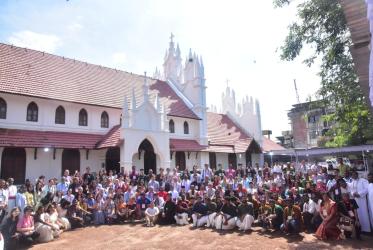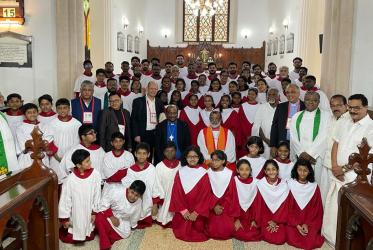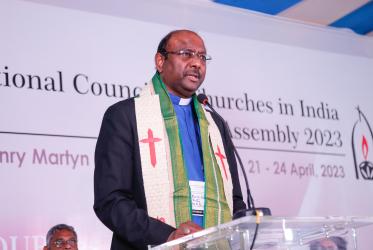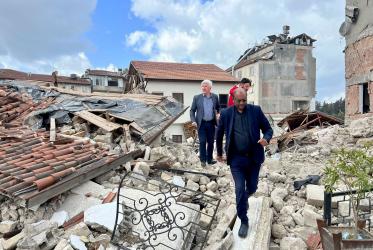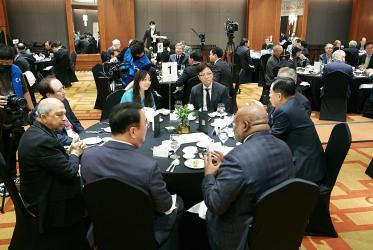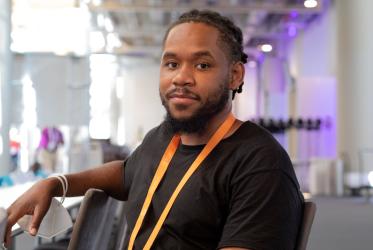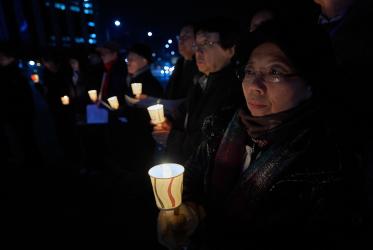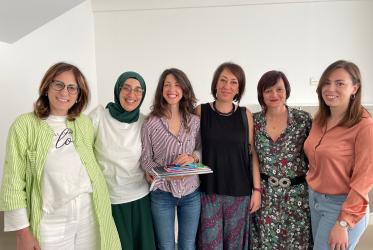Displaying 1 - 20 of 154
Young Black Europeans: “common witness has an open ear”
30 November 2023
Blending local and global ecumenism in Asia
02 November 2023
Thirty days that changed the ecumenical movement
23 October 2023
Aspiring therapist opens his mind to different beliefs
13 September 2022
Called to Transformation - Ecumenical Diakonia
09 June 2022


